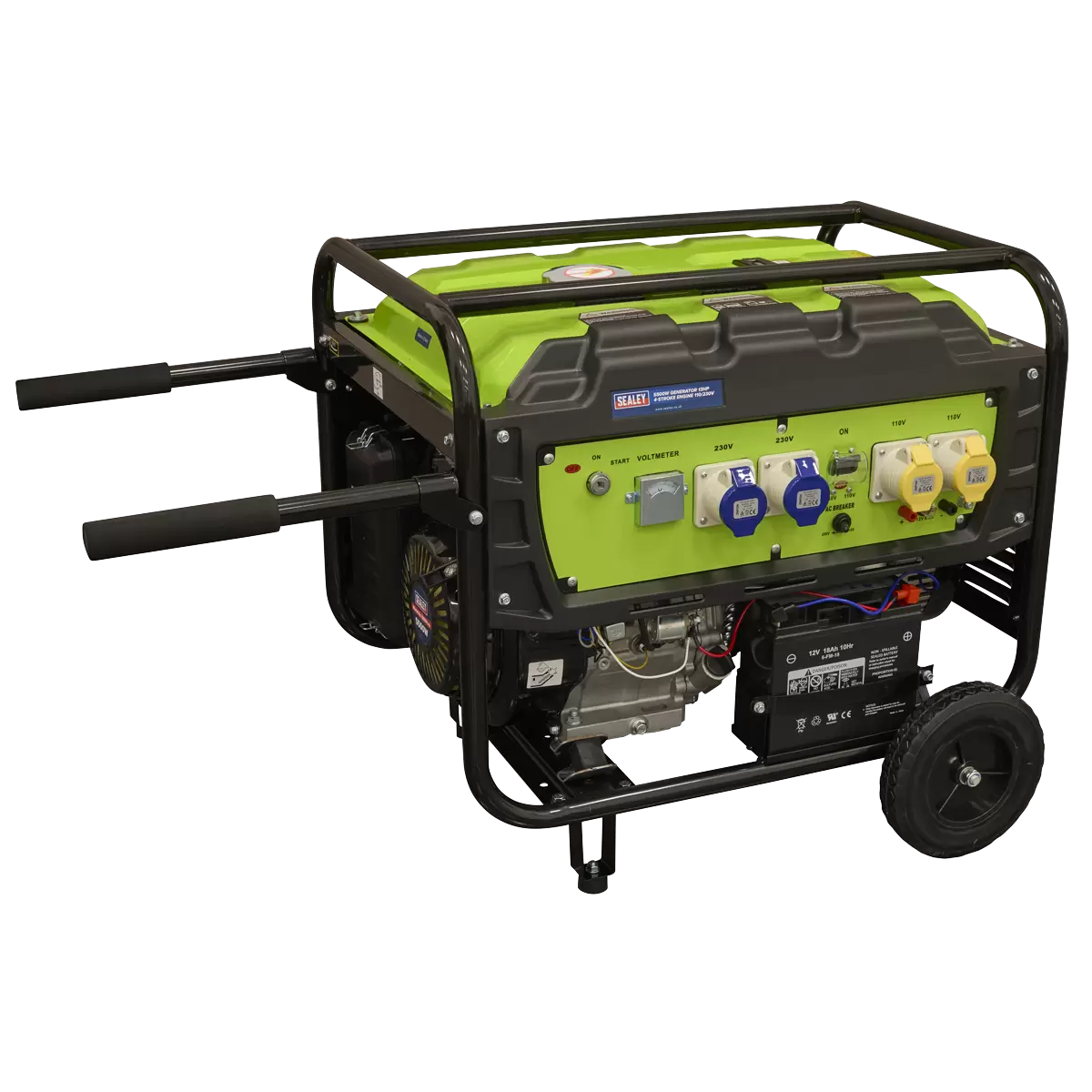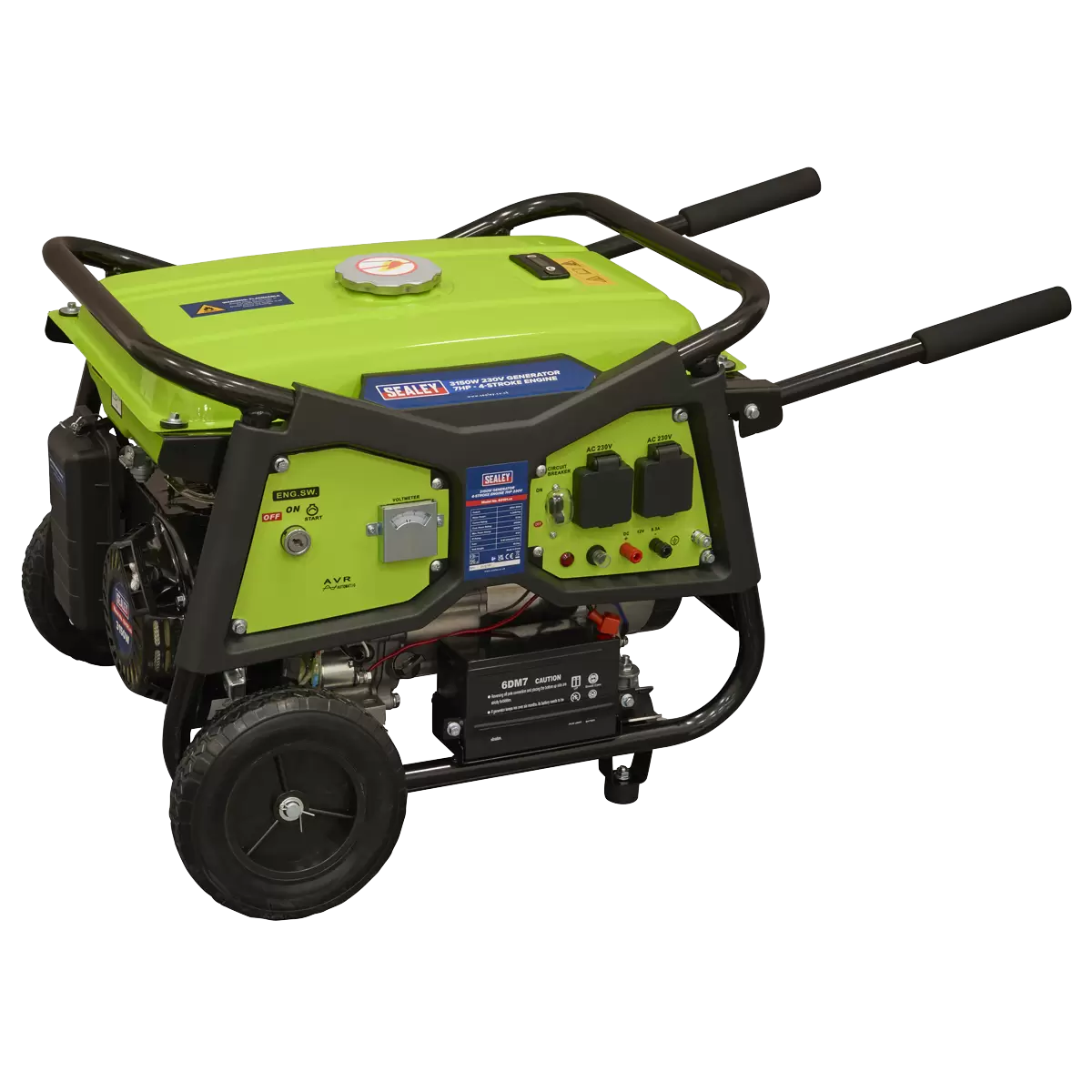Home > Generators
Generators
Generators – Petrol & Diesel
Our Generators – Petrol and Diesel range provides reliable, efficient power solutions for workshops, job sites, events, and home backup use. Whether you need a compact petrol generator for portability or a heavy-duty diesel generator for long-lasting performance, we stock models to suit every requirement.
Choose from:
-
Petrol Generators – lightweight, versatile, and ideal for mobile applications.
-
Diesel Generators – robust, fuel-efficient, and designed for extended running times.
-
Portable & Stationary Units – from small site power to larger backup systems.
-
Trusted Brands – delivering durability, safety, and consistent performance.
From emergency backup to powering tools and equipment, our generators are built to provide dependable energy when and where you need it most.




.opt.webp)

.opt.webp)
.opt.webp)

.opt.webp)

.opt.webp)
.opt.webp)

.opt.webp)
.opt.webp)
.opt.webp)
.opt.webp)
.opt.webp)


.opt.webp)



.opt.webp)

